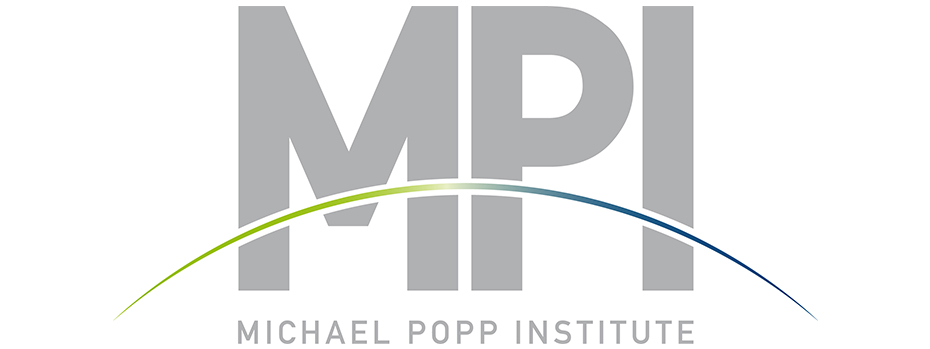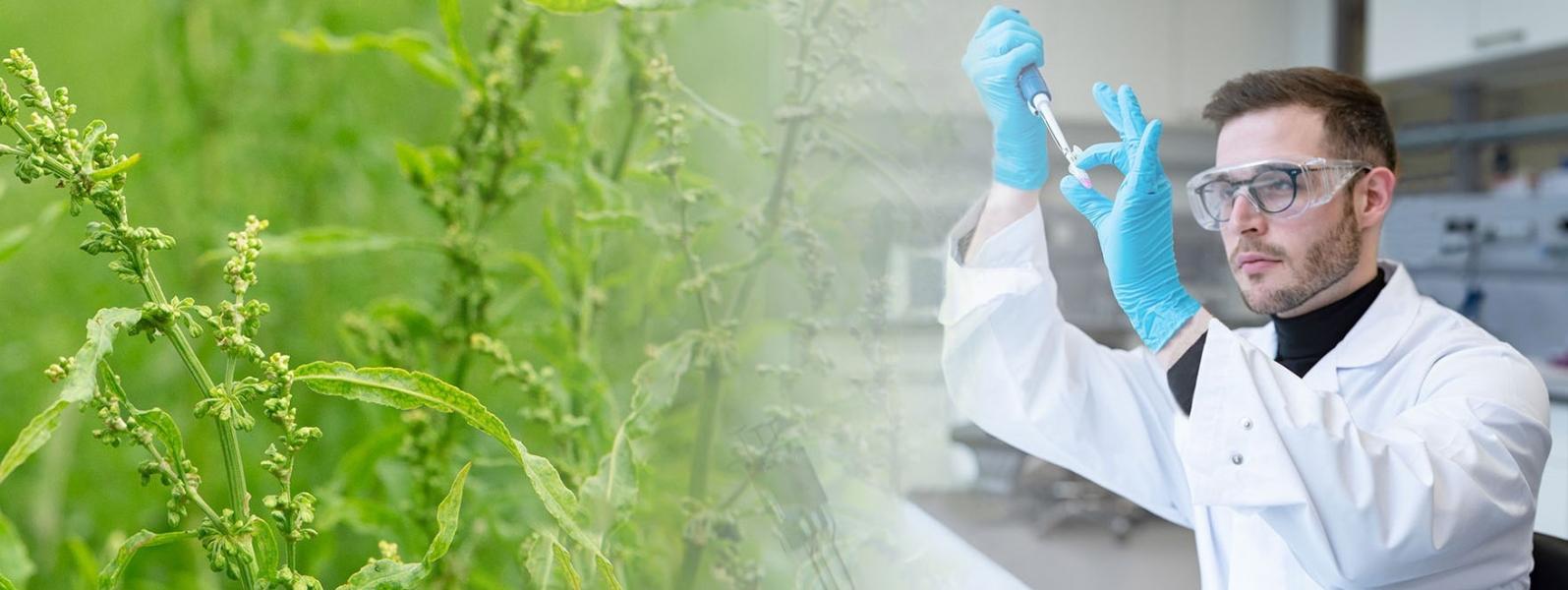
The Phytovalley®
Bionorica conducts research worldwide with approx. 500 leading institutes, clinics and universities. Bionorica cooperates particularly intensively with renowned partners in Innsbruck, in the so-called Phytovalley®. This globally unique center for natural product research in the heart of Tyrol is home to a large variety of plants, as well as many highly specialized companies, clinics and institutes as well as scientific institutions. It is not for nothing that the state of Tyrol is considered one of the leading life science locations. The Phytovalley® covers the entire value chain of herbal medicinal products: from basic research to applied research to product development. In addition to the Bionorica subsidiary Bionorica research GmbH, the Austrian Drug Screening Institute (ADSI) and the Michael Popp Institute for new Phyto Entities research are also based there.
Michael Popp Institute for new Phyto Entities

With the opening of the Michael Popp Institute in January 2020, Bionorica strengthens its cooperation with the University of Innsbruck. As one of the largest research facilities for herbal drug research in Austria, the institute's employees make it their task to research new therapeutic approaches for common diseases. The two endowed professorships at the Leopold-Franzens University Innsbruck are funded by the State of Tyrol and the Michael A. Popp nature science foundation.
The Austrian Drug Screening Institute (ADSI)
Bionorica has been working with this institute, the research company of the Leopold-Franzens University Innsbruck, since the ADSI was founded in 2012. The aim of the cooperation is to create a comprehensive pharmacological and analytical characterization of medicinal plant extracts and thus to advance the systematic search for new natural active ingredients. For this purpose, medicinal plant extracts are not only subjected to a special screening process, but are also examined for their possible pharmacological mode of action using certain test systems that reflect the conditions in the human body. The ADSI is financed by the Austrian Federal Ministry of Education, Science and Research, the State of Tyrol and the partner companies and works closely with the Institute for Analytical Chemistry and Radiochemistry. This institute of the Leopold Franzens University Innsbruck has extensive experience in the development of separation and enrichment processes and provides the necessary technical know-how.


